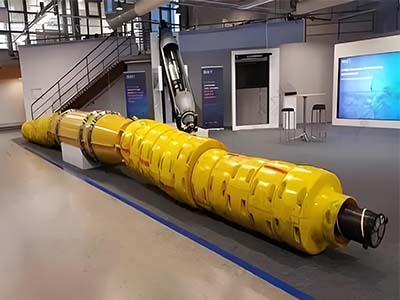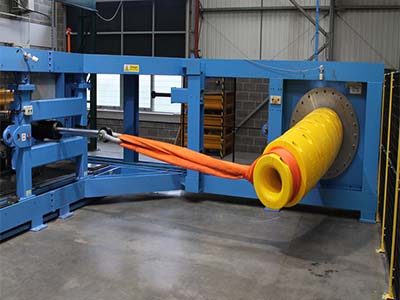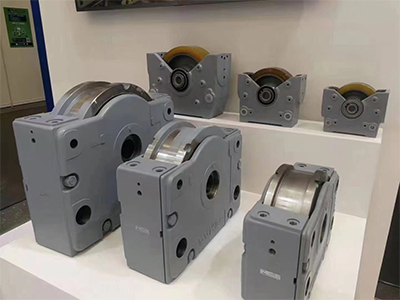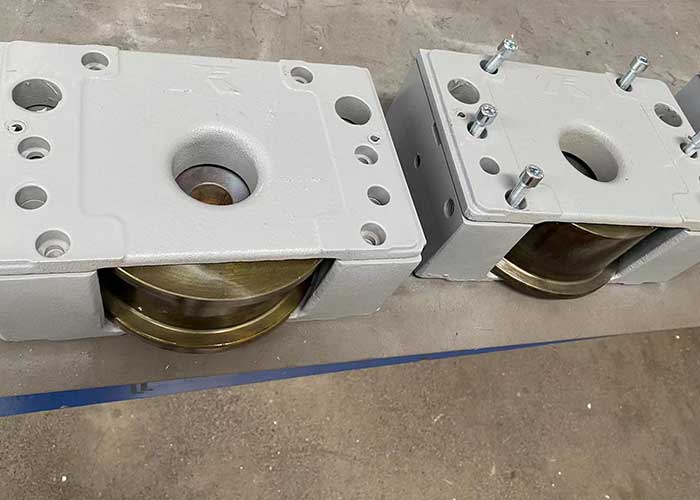Bend Restrictor for Optimal Communication Cables Protection
In the realm of telecommunications, the protection of communication cables is paramount to ensure uninterrupted service and data integrity. Bend restrictors play a crucial role in safeguarding these cables from the potential damage caused by excessive bending. This article discusses the importance of bend restrictors in protecting communication cables and how they contribute to optimal cable performance.

The Role of Bend Restrictors
Bend restrictors are designed to limit the minimum bending radius of communication cables, preventing potential damage that can lead to signal loss or cable failure.
Preventing Cable Damage: By controlling the bend radius, bend restrictors help prevent physical damage to the cable's internal structure, which is critical for maintaining signal integrity.
Enhancing Cable Lifespan: Proper bending protection extends the service life of communication cables, reducing the need for frequent replacements and associated costs.
Key Features of Bend Restrictors
Durable Construction: Bend restrictors are typically made from robust materials like polyurethane or high-strength plastics that can withstand harsh environmental conditions.
Customizable Solutions: They can be customized to fit the specific bending requirements of different cable types and sizes, ensuring a perfect fit and optimal protection.
Easy Installation: Bend restrictors are designed for easy installation on existing or new cable runs, with minimal disruption to ongoing operations.
Chemical Resistance: High-quality bend restrictors offer resistance to chemicals, UV radiation, and temperature extremes, making them suitable for both indoor and outdoor applications.

Applications in Telecommunications
Undersea Cable Networks: Bend restrictors are essential for protecting undersea communication cables from the stresses of ocean floor movements and installation processes.
Data Centers: In data centers, where high-density cabling is common, bend restrictors help maintain cable integrity and organization, reducing the risk of damage from foot traffic or equipment movement.
Broadcasting and Networking: For cable runs in broadcasting stations and network infrastructures, bend restrictors ensure that cables maintain their specified bend radius, protecting against signal degradation.
Industrial Environments: In industrial settings, where cables may be subjected to mechanical stress or exposure to harsh chemicals, bend restrictors provide an additional layer of protection.
Bend restrictors are vital components in the protection of communication cables, ensuring the reliability and integrity of data transmission in various telecommunications applications. As the demand for high-speed and high-quality communication continues to grow, the role of bend restrictors in safeguarding critical infrastructure becomes increasingly important. By selecting the appropriate bend restrictor for specific cable types and environments, organizations can maximize the performance and lifespan of their communication networks.



